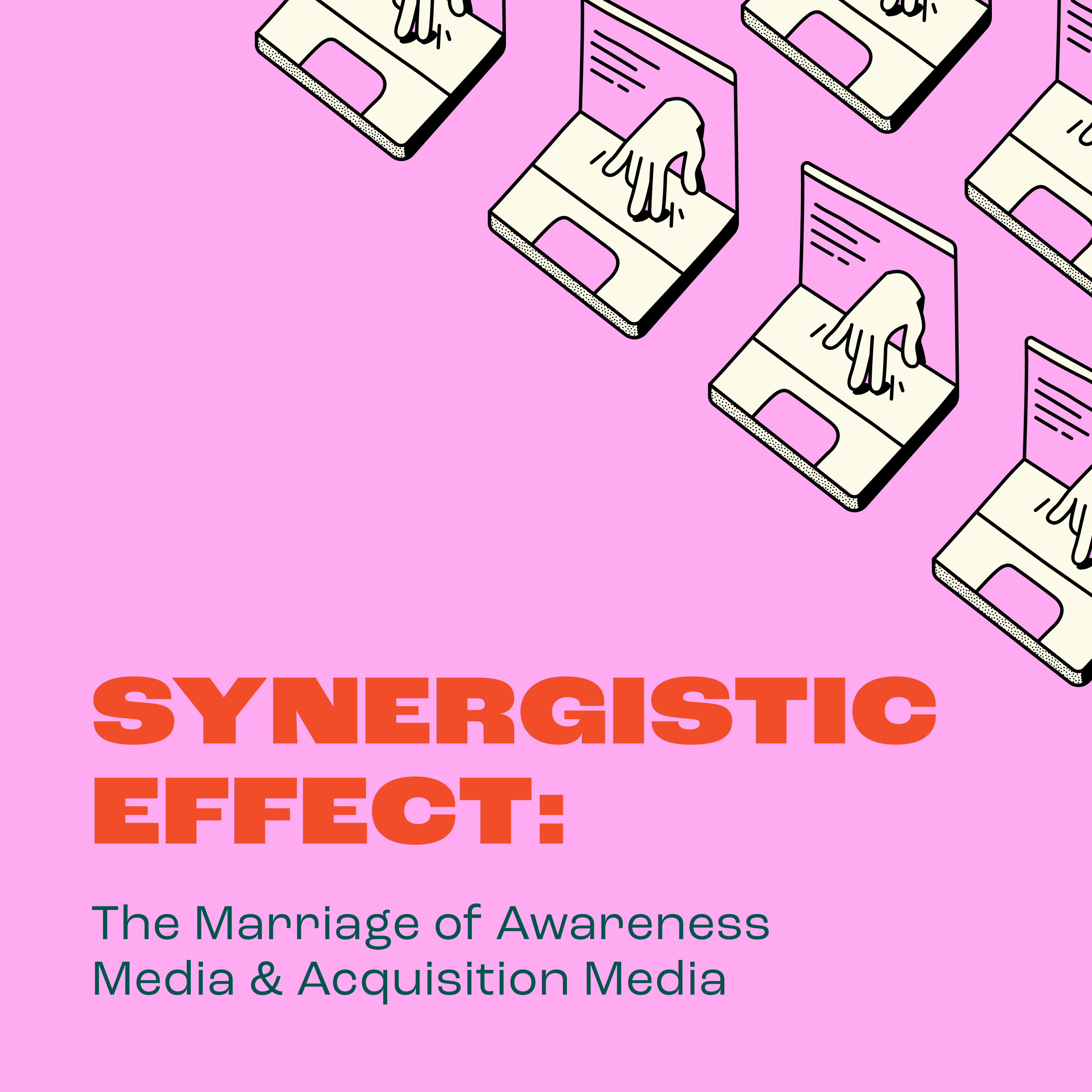As an independent, full-service branding agency that’s been around for over 35 years, we’ve learned something pretty simple: the best performing brands make you feel proud. We call it brand pride.
our not-so-secret secret weapon
Whether you’re a big brand or a brand-new one, brand pride can resolve misalignment, improve recruitment and retention, and help you find customers and nurture those relationships. Need help with one or all of the above? You’re in the right place.
















